No products in the cart.
Return To Shop
Log in / Sign in
Login
Register
Mobile Girls Koottam: Working Women Speak
In 2013 Madhumita Dutta, a doctoral student, went to do research in Kancheepuram district, Tamil Nadu. There she met Kalpana, Abhinaya, Satya, Lakshmi, and Pooja—all women working inside an electronics factory. In the women’s rented room, they would gather regularly over the next year, drinking tea, chatting, recording, and producing a radio podcast: Mobile Girls Koottam.
Challenging what theorisation and research can be, Mobile Girls Koottam offers us a look into the complex lives of young rural migrant women in their own words, and invites us (listeners) to engage in a process of learning and unlearning, and to interrogate our own privileges as we imagine the life-worlds of working class women.
Consisting of transcripts from the titular radio podcast, this book brings to the page conversations between the five women, Madhumita, and her interpreter, Sam. The group speaks of their lives as working class women, the nature of their work and their dreams, each from her own unique and nuanced perspective. What results are playful, joyous, angry, and thoughtful discussions on diverse topics like tea stalls for women, factory work, menstruation, and much more, made all the more lively through illustrations by Madhushree.
“This delightfully refreshing collective of organic voices is more than a book, an unsecured cove into which five simple women in Tamil Nadu, India, trustingly invite us into their worlds of agency in affirmations of womanhood, economic independence, and fashioning of ‘woman-rules’. As both a page-turner, and a head-turner, these imprinted voices demand the active presence of the reader drawn into the generous outpouring of personal stories of sacrifice, ruptured dreams and bodies, inter-caste marriages, friendships, romance, and rebellion. These audacious voices burst with self-conjured healing, rooted in a culture of simplicity and earthy humanness to counter gender and caste norms. This uncommon work is charming and moving, as we are left laughing, crying, and wanting more of the warmth and color of ‘Muthu’s room’ filled with kind and bold breaths.“
— Roja Suganthy-Singh, author of Spotted Goddesses: Dalit women’s agency-narratives on caste and gender violence
“Weaving in the meanings of mobile phones, mobility, migration, labour, life, struggles, and love, the conversations shared here resonate with so many intimate histories of (migrant) labour extraction as well as with so many ‘kitchen table’/‘tea time’ conversations amongst women who become chosen family across time and place. As Jacqui Alexander argues, we ‘need to become fluent in each others’ histories,’ and this book exemplifies the kinds of pedagogies of crossing that move us from static critiques of power and privilege, and public and private, to creative experiments with various forms of speaking with, and to, and against, that challenges assumptions about where and how knowledge is produced, and leaves us with new ways of listening and imagining how to grapple with the pains and possibilities of moving from here to next.“
— Koni Benson, historian, organiser and educator
“A marvelous book. Abhinaya, Kalpana, Lakshmi, Madhumita, Pooja, Samyuktha, and Satya embody a praxis of playful listening as they weave together the stories of their lives, labor, and bodies. In building conversations about how they were disciplined and exploited and in voicing their critiques, dreams, and (un)freedoms, these women enact a solidarity where laughter and rage become inseparable in a journey of unlearning and relearning together. Madhushree’s illustrations ensure that once a reader enters Muthu’s room, she cannot leave without being moved and transformed.“
— Richa Nagar, author of the trilogy Playing With Fire: Feminist Thought and Activism Through Seven Lives in India, Muddying the Waters: Co-authoring Feminisms Across Scholarship and Activism, and Hungry Translations: Relearning the World Through Radical Vulnerability
“Mobile Girls Kootam asks us to listen — to young labouring women, who leave their rural and small town homes for cities and industrial hubs and negotiate with skill and intelligence the travails of the assembly line and sweatshop, the protest and the picket line. Their conversations with each other, and with the women who put this book together, invite us into troubled yet rich inner worlds, where women ponder over food, love, sex, men, the body, wages, work, marriage caste, family… Labouring lives, we realise, are not only about exploitation and suffering, equally they are about self-making, comradeship and the quest for happiness.“
— V. Geetha, feminist historian and writer
MADHUMITA DUTTA is an assistant professor in the department of geography at The Ohio State University, USA. Her research explores themes around women’s labour, worker narratives and labour organizing in South Asia. She has worked for over a decade with grassroots environmental and social justice organizations in India.
MADHUSHREE is an illustrator/cartoonist based in Chennai and West Bengal.
ISBN: 978 93 90514 46 5
Categories: Books, e-Books, New Releases, Non-Fiction, Non-Fiction
Tags: Illustrated Book, Labour, migrant women, mobile girls, podcast, working class, Working Women| Binding | |
|---|---|
| Author | |
| Page Count | |
| Year of Publication | |
| Rights |
Be the first to review “Mobile Girls Koottam: Working Women Speak” Cancel reply
You must be logged in to post a review.
Related products
In the Shadow of Freedom: Three Lives in Hitler’s Berlin and Gandhi’s India
Select format This product has multiple variants. The options may be chosen on the product pagePicture This! Painting the Women’s Movement
Select format This product has multiple variants. The options may be chosen on the product pageBooks, Books from the North East, Books from the North East, e-Books, Fiction, Fiction, New Releases, New Releases, Non-Fiction, Non-Fiction
The Many That I Am: Writings from Nagaland
Select format This product has multiple variants. The options may be chosen on the product pageWatercolours: A Story from Auschwitz
Select format This product has multiple variants. The options may be chosen on the product pageWarrior in a Pink Sari
Select format This product has multiple variants. The options may be chosen on the product pageAndal: The Autobiography of a Goddess
Select format This product has multiple variants. The options may be chosen on the product pageLiving a Feminist Life
Select format This product has multiple variants. The options may be chosen on the product pageThe Sharp Knife of Memory
Select format This product has multiple variants. The options may be chosen on the product pageBiographies, Biographies, Books, e-Books, Feminism In India Recommends, Feminism In India Recommends, Non-Fiction, Non-Fiction
You Ask, I Tell
Select format This product has multiple variants. The options may be chosen on the product pageAlong the Red River: A Memoir
Select format This product has multiple variants. The options may be chosen on the product pageContact Us
© Zubaan 2019. Site Design by Avinash Kuduvalli.
Payments on this site are handled by CCAvenue.


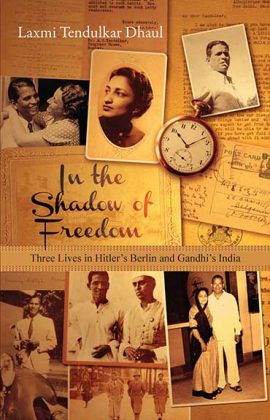
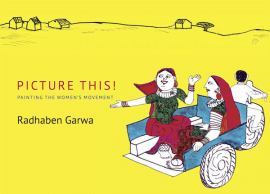
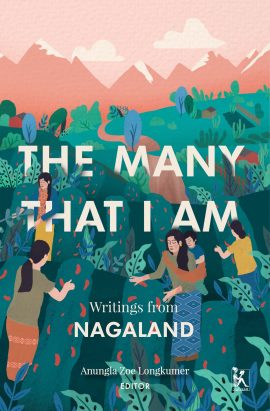
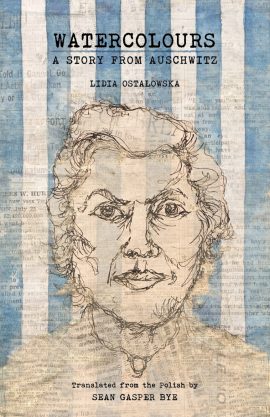
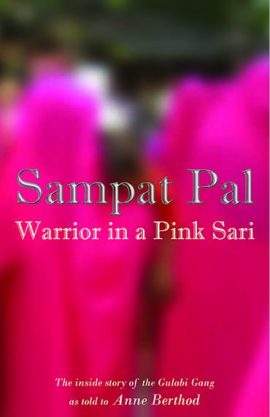
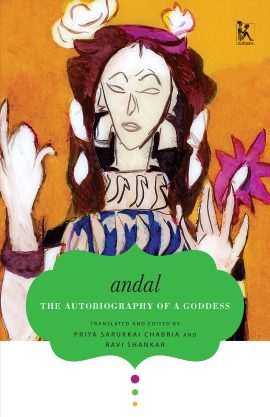

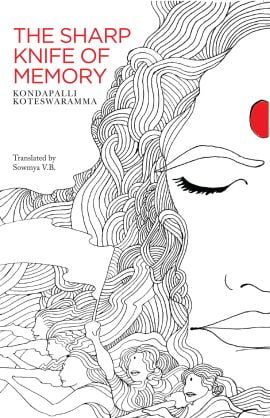
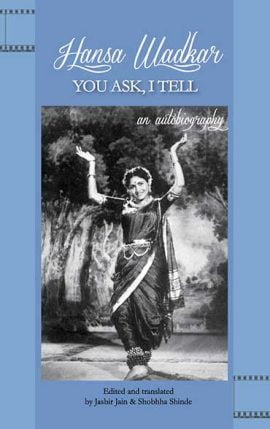
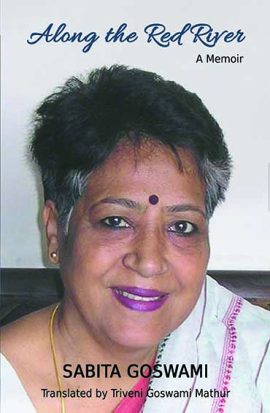
Reviews
There are no reviews yet.